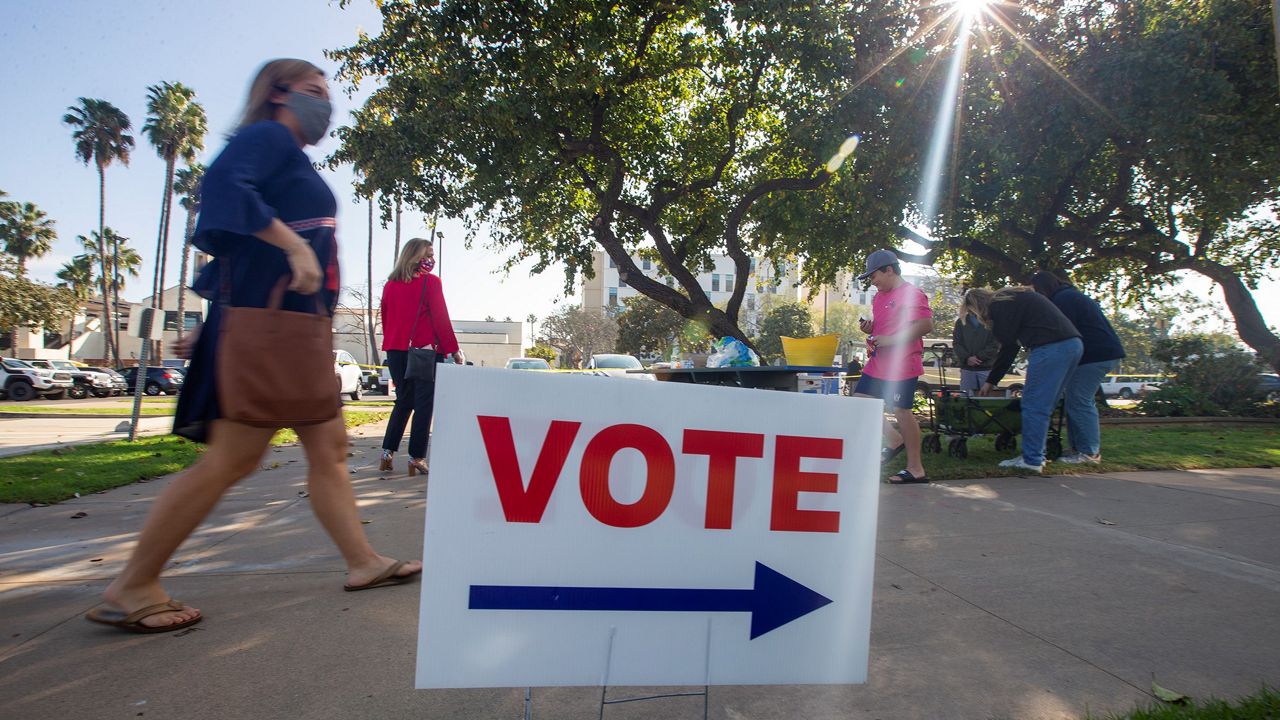More than 100 top executives and corporate leaders gathered online this weekend to discuss what to do in response to changes to some state voting laws, according to reports from the Washington Post and the Wall Street Journal.
The Washington Post reported that more than 100 leaders, including executives from major airlines, retailers and manufacturers — plus at least one NFL owner — talked about potential ways to show they opposed the legislation, which has already been signed into law in Georgia and is being considered elsewhere. That includes halting donations to politicians who support the bills and even delaying investments in states that pass the restrictive measures, according to Jeffrey Sonnenfeld, a Yale management professor and one of the organizers.
The Wall Street Journal, citing unnamed sources who attended, said that Kenneth Chenault, the former chief executive of American Express, and Kenneth Frazier, CEO of Merck, urged dozens of leaders to collectively call for greater voting access. Chenault and Frazier warned businesses against dropping the issue and asked CEOs to sign a statement opposing what they view as discriminatory legislation on voting.
According to WSJ, citing several people who attended the call, Chenault said that executives at PepsiCo, T. Rowe Price, PayPal and Hess would sign on; PayPal confirmed to WSJ that they signed the statement.
The new statement could come early this week and would build on one that 72 Black executives signed last month in the wake of changes to Georgia’s voting laws, according to the newspaper’s report.
A number of companies and their leaders have spoken up on the issue in recent weeks. While Republican lawmakers — such as Senate Minority Leader Mitch McConnell (R-KY) — have derided such action, many activists and others say big business hasn’t gone far enough.
"My advice to the corporate CEOs of America is to stay out of politics," McConnell said at a news conference in his home state of Kentucky last week. "Don't pick sides in these big fights."
"Corporations will invite serious consequences if they become a vehicle for far-left mobs to hijack our country from outside the constitutional order," the Republican leader continued, warning companies there could be risk if they wade into other political issues, such as climate change or gun violence.
Major League Baseball announced that they are moving the All-Star Game and the MLB Draft out of Atlanta in the aftermath of Georgia enacting a new law critics say disproportionately affects voters of color. Georgia-based companies Delta Air Lines and Coca-Cola also issued stinging rebukes of the measure.
In response, prominent Republicans, including former President Donald Trump, called for the boycott of the league, as well as Coca-Cola, Delta, and other companies, including JPMorgan Chase, Citigroup, UPS, and Merck.
More than 350 different voting bills are under consideration in dozens of states, according to a tally from the Brennan Center for Justice. The Wall Street Journal reported that some executives on the call described some bills as either racist or restrictive, and several participants described their efforts as critical to democracy, rather than partisan.
While many companies indicated their support of a statement or further action, some remain reticent to speak out on a politically charged issue.
One executive from a Fortune 100 consumer-products company told the Wall Street Journal that while board members, employees and vendors are pressing leaders to speak out, doing so could put a bull’s-eye on the company.
“It’s really a no-win situation from a corporate standpoint,” the executive said.
The Associated Press contributed to this report.



